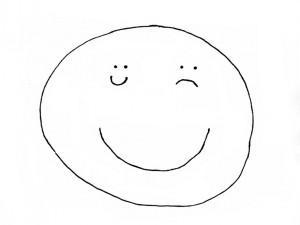If I've learned anything, it's that I should never ask questions. Whenever I ask a question, I run the risk of learning things I never wanted to learn. What looks like nothing at first might actually mean something, and even when I think I know what I'm talking about, I'm likely to be wrong.
I have the misfortune of being educated in the liberal arts, so anything resembling an equation looks like random scribbles to me. In Pursuit of the Unknown makes the valiant effort of explaining how some of the more notable scribbles informed navigation, philosophy, chaos theory, relativity, computers, GPS, war, industry, financial markets and the fabric of our day-to-day lives. There's more behind those strings of numbers than I thought.
If a series of numbers and symbols can throw me off, what could human beings do to me? An Australian journalist visited the American South to report on what he thought was a classic hate crime. An African-American youth was in jail for killing a white supremacist, possibly in self-defense. He wanted a simple story about the consequences of racial hatred. Instead, he wrote God'll Cut You Down, a story about the complicated biases and hardships present in modern Mississippi and the nation at large. It's proof that you'll never know what you find when you start asking questions.
But what about history? What about those parts of history I absolutely thought I knew? I thought on a basic level that the Allies had liberated the concentration camps, but according to The Nazis Next Door, the liberation wasn't quite as clear-cut as I'd prefer. Not even a good war is as good as I want it to be.
So if you read, beware. You might come across the kinds of things you didn't know you hadn't known.



Add a comment to: More Than Meets the Eye